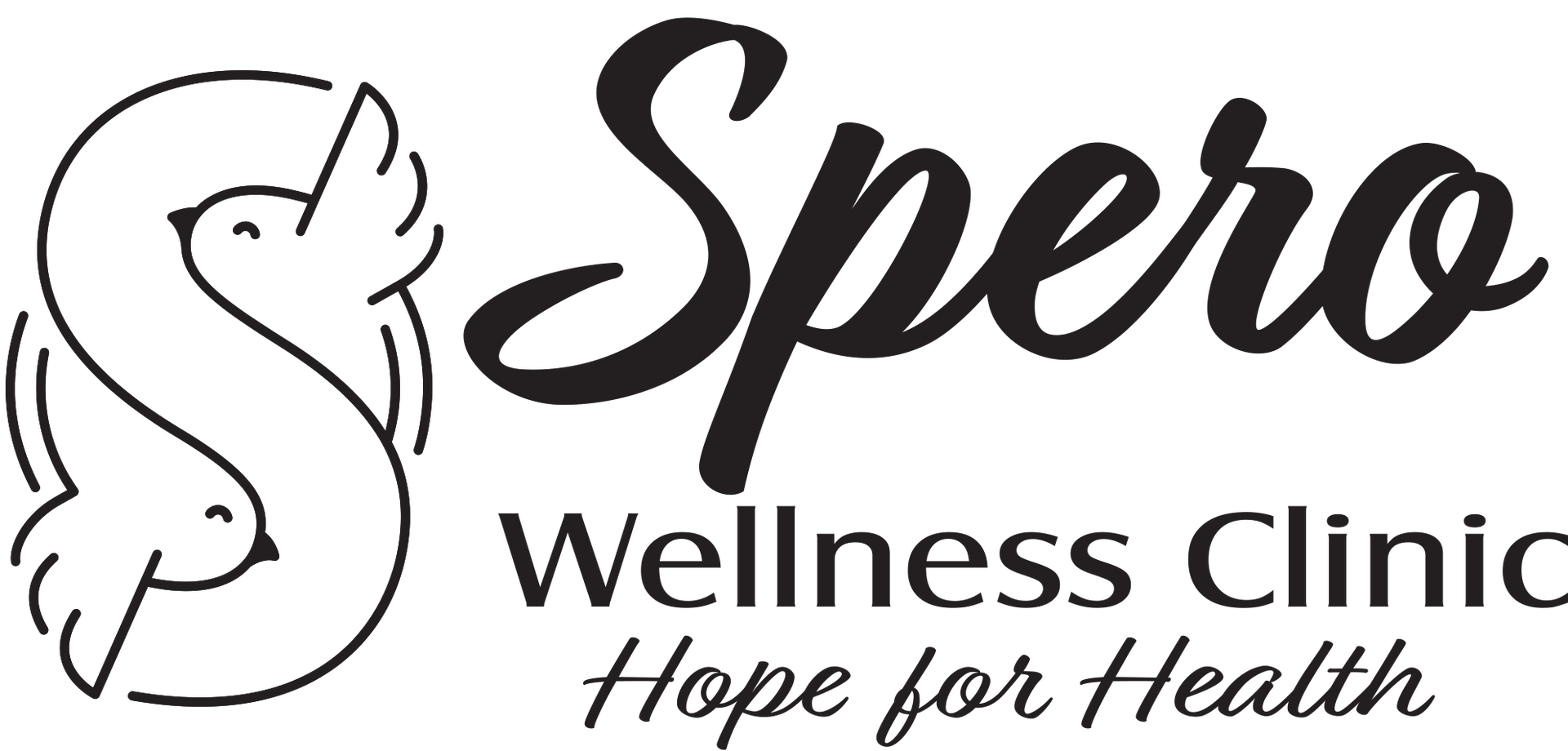12 Takeaways from the Cancer Prevention and Aftercare Conference
Dr. Kristie Gering • May 2, 2022
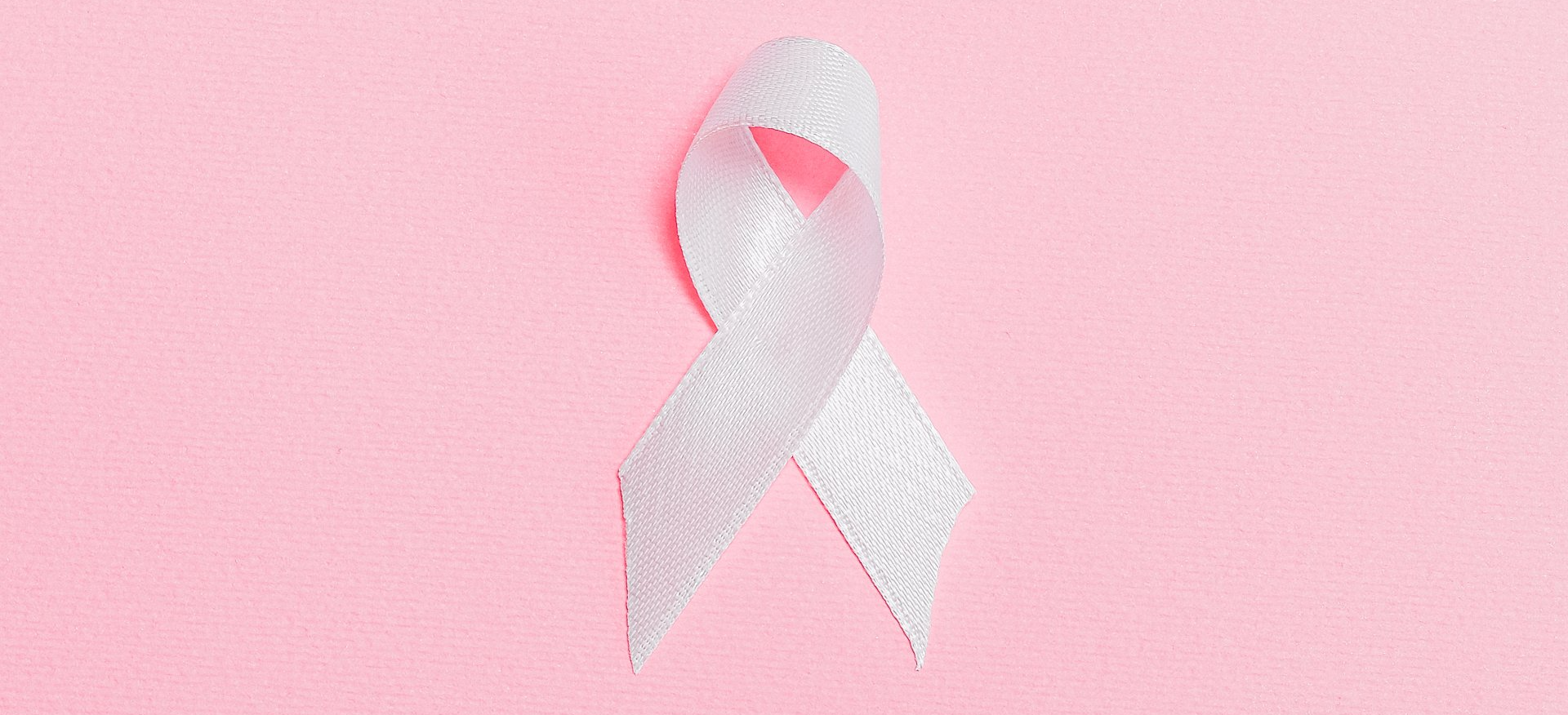
In early April 2022 Dr. Kristie Gering attended a the Cancer Prevention and Aftercare Conference by the International College of Integrative Medicine. It was a great conference! Here is a summary gleaned from Dr. Ellie Campbell and her nurse Heather, with a few additional details thrown in by Dr. Gering.
12 Takeaways from the Cancer Prevention and Aftercare Conference by the International College of Integrative Medicine - April 8th & 9th, 2022
- In almost all cases, a cancer diagnosis is NOT an emergency (there are some exceptions, but even then a few days are not likely to be life or death). In reality, the cancer cells have been there for years. It's ok to stop, take a minute to breathe, pray, and assemble your team - oncologist (it's ok to get several opinions), integrative/functional medicine provider, physical/massage therapist, acupuncturist, chiropractor, counselor and/or spiritual advisor, etc, etc
- There is no ONE approach to treat cancer, so if you consult 3 different oncologists, you are likely to get 3 different care plans…and that's ok. Choose the one who resonates with you the most.
- Emotional stress is a huge risk factor for cancer, so it's very important mitigate our stressors to prevent cancer, as well as during cancer treatment and after cancer. Create a positive warrior attitude and strive for an attitude of gratitude.
- Live a life of detoxification. We live in a VERY toxic world. Some of us have genetic quirks (like MTHFR) that make it difficult to get rid of toxins, but we can overcome that. Eat clean (mostly organic/grass-fed/free-range) food, drink lots of purified water, move and exercise most days of the week, find your support group, spend time daily in prayer & meditation, focus on gratitude, spend time in nature, identify and remove toxins & heavy metals (esp. mercury, lead, arsenic, cadmium).
- Nutrition is VERY important to prevent and address cancer. Nutrients can help kill or promote cancer cells. There are many foods and supplements that can be beneficial to boost your immune system and help inhibit rogue cancer cell growth.
- We KNOW that cancer risk will increase if you have an insufficiency in vitamin D, vitamin A, magnesium, iodine, iron, and oxygen. Vitamin D (which is actually a hormone) is critical for your immune system, especially the part that detects and destroys malfunctioning cells. Vitamin A is also important for that. Magnesium is used in over 300 enzyme functions that help keep cells healthy, and it acts like a bouncer to keep bad things out of the cell. Iodine is very important for not only thyroid but also breast health. Iron is required for the red blood cells to carry oxygen.
- Oxygen in particular has a number of considerations: Micro-blood clots can prevent oxygen from getting in to tissue. Nutrients like fish oil, vitamin K, and enzymes can help decrease these tiny clots. Also it is important to check for sleep apnea and treat it if present. Oxidative therapies such as hyperbaric oxygen, hydrogen peroxide and ozone can be very beneficial.
- These following things help your body kill circulating cancer cells: green tea (EGCG), berberine (and/or the medicine metformin), vitamin C (esp. high dose via IV), curcumin, sulforaphane, trans-resveratrol, genistein from organic non-GMO soy (esp fermented soy).
- There are non-food/non-supplement things can help the body kill cancer too: hyperthermia (high body temp) from high quality sauna, PEMF (pulsed electromagnetic field), sonotherapy (special sound frequencies) & phototherapy (specific light frequencies).
- It's great to know that we have tools in addition to chemotherapy and radiation to help the body kill cancer!
- Connect with God. Over and over again, studies show that as a whole, people who have spiritual connection and growth do better during treatment, they have lower rate of complications, and in general they have longer survival times. Even if they do not do better than average statistically, their QOL (quality of life) scores are higher.
- Oral health is critical. If you do not have a healthy mouth, you will have high body inflammation. Dental plaque and gingivitis are associated with an overgrowth of gram negative bacteria that secrete toxins into your bloodstream, such as LPS (lipopolysaccharide…aka "little pieces of sh*t"). Another factor of oral health that people often forget to consider is that sleep apnea often originates in the oropharynx (back of mouth and upper throat), which can often be addressed by a holistic dentist/orthodontist.
- Toxins cause cancer. It is VERY important to minimize exposure to toxins. Eating organic food reduces the body burden of herbicides and pesticides. Drinking clean filtered water also helps to decrease heavy metals and chemicals. Atrazine and glyphosate (the main ingredient in RoundUp) are chelating agents, which bind up good minerals like magnesium and manganese. So if you eat or drink too much Roundup, the magnesium goes down and now the cells can't keep garbage out.
- Cancer LOVES sugar. To prevent cancer, eat a low glycemic diet. If you have cancer, eliminate sugar/carbs so you can starve it.
- Hormones help. Surprise! Contrary to popular belief, natural hormones are NOT the bad guy. Dr. Lindsey Berkson (https://drlindseyberkson.com/) showed us that there is AMPLE evidence that hormones are NOT a cause of cancer (we are happy to share her slides if interested). Fake synthetic hormones and hormone-like chemicals (like BPA and phthalates) can lead to cancer...but human bio-identical hormones do NOT appear cause cancer. In fact they are necessary for tissue health and repair.
- Testosterone in appropriate doses is cancer protective in both men and women. (Interestingly, maleness is protective of femaleness.). Contrary to long-held assumptions, testosterone is NOT the cause of prostate cancer, and it is ok to support levels during and after treatment.
- Estrogen is actually cancer protective for women. That's a bold statement that goes against cancer-care dogma, however Dr. Berson provided 20+ studies that resoundingly agree that estrogen is not harmful. In fact, women diagnosed with cancer who were taking hormones in peri-menopausal stage, in general have cancer that is less aggressive & smaller in size and those women tend to have an increased lifespan, compared to a woman not on hormones. Across all those studies the findings showed that hormone therapy was either neutral (a few studies) or there were improved outcomes (the vast majority) with cancer. So there is no need to be afraid of appropriately dosed bio-identical hormone replacement therapy!
- Melatonin (which is a hormone) is cancer protective. It blocks uptake of sugar into cells and acts as an antioxidant in the mitochondria (the cell's energy factories). Reduce blue light exposure in the evening, make sure you sleep in a DARK room, and consider supplementing with melatonin (2-10mg for prevention, and higher levels for treatment with dose depending on the stage).
- Pre-procedure treatment helps. As you go into a procedure to take a biopsy to identify or to treat cancer (for example an excisions biopsy, lumpectomy, mastectomy or prostate biopsy), or if you are treating with chemotherapy and/or radiation, we can exploit the cancer in the preoperative/pre-treatment stage.
- First - Fasting. Starve the cancer. For 24-48 hours before surgery, drink lots of water, green tea (which helps to kill circulating tumor cells), herbal teas, sparkling water…but take in NO calories. This decreases the chance that cells will be able to float away and regrow elsewhere. This technique applies to chemotherapy & radiation as well - do not eat for 24-48 hours before and 12-24 hours after the treatment - this makes the chemo/radiation work better and side-effects are generally reduced.
- Second - Medication/Supplement cocktail. Consider taking 4-6 of these meds/supplements right around surgery because it dramatically reduces the presence of circulating cancer cells and also decreases the risk of the cut pieces from growing "sprouts" from the "stumps". Items in the "cocktail" include dipryidamole (a specific blood thinner), certain NSAIDS, lovastatin, omega 3 fatty acids, IV vitamin C, propranolol, metformin (or berberine).
- Last but not least - have HOPE! Please know that EVERY SINGLE risk factor for cancer (even genetics) is modifiable. You are NOT helpless. We can help you identify risks and help you to mitigate them, so you can become more than just a cancer survivor!
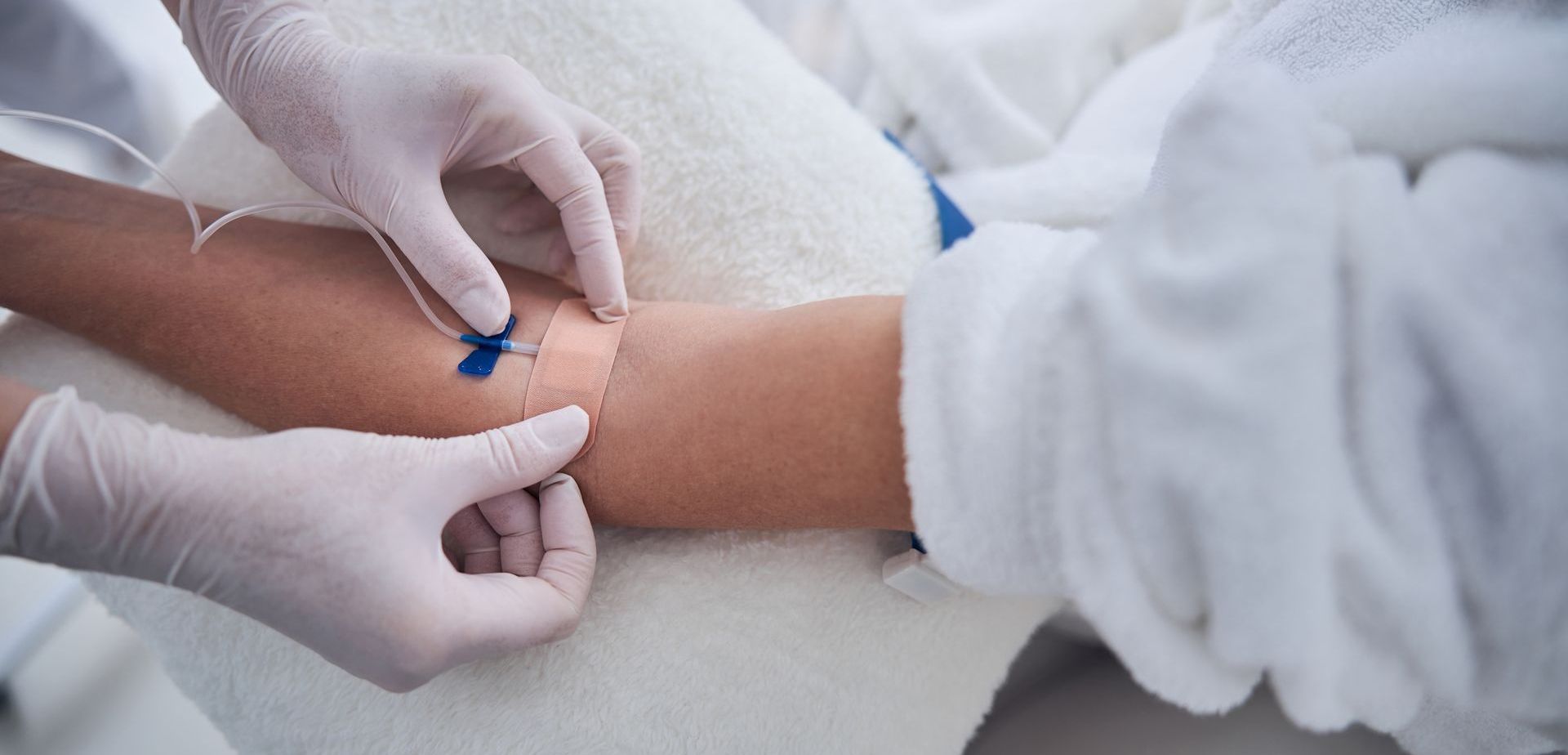
Want help to get ready for the holidays? Having difficulty adjusting to the time change? Consider an NAD Infusion. What are the benefits? NAD+ (nicotinamide adenine dinucleotide) is a coenzyme that powers metabolic processes and impacts a wide variety of systems including digestion, cognition, mental clarity, aging, and overall energy levels. NAD+ increases our body’s levels of serotonin, a neurotransmitter associated with mood regulation, and can improve symptoms of depression and anxiety. NAD+ plays a role in cell health and in hundreds of cell functions such as DNA repair, circadian rhythm, metabolism, muscle function, tissue repair and cognitive function. Basically, our cells require NAD+ to quickly shuttle around electrons - keeping the cells buzzing with the electricity of life! Who is it for? NAD+ is the premier IV drip for clients who want to see major improvements in brain function, energy level, overcome anxiety and depression, handle acute and chronic stress more effectively, and cope better with PTSD. What's inside? We administer 250mg or 500 mg of NAD+ in an IV drip. (We always start with 250mg the very first time you try it.) How often? For best results, NAD+ may need several sessions depending on personal needs. The number of sessions will be discussed during an initial encounter. The NAD+ IV drip does take longer to receive than any other IV drip. Each session may last from 2.5 to 4 hours, depending on the tolerance. During the infusion, an individual might feel a bit of discomfort compared to standard vitamin drips - described as a bit of a rush through the body, but this is completely normal and can be controlled by how fast the IV is set to drip and stops within a minute or two after the drip ends. Our NAD+ drip can be followed by Glutathione -"Master Antioxidant " - for best results. Fall 2023 Special - 250mg is $250 and 500mg is $350. Glutathione 1g added on after the infusion is $35.00.
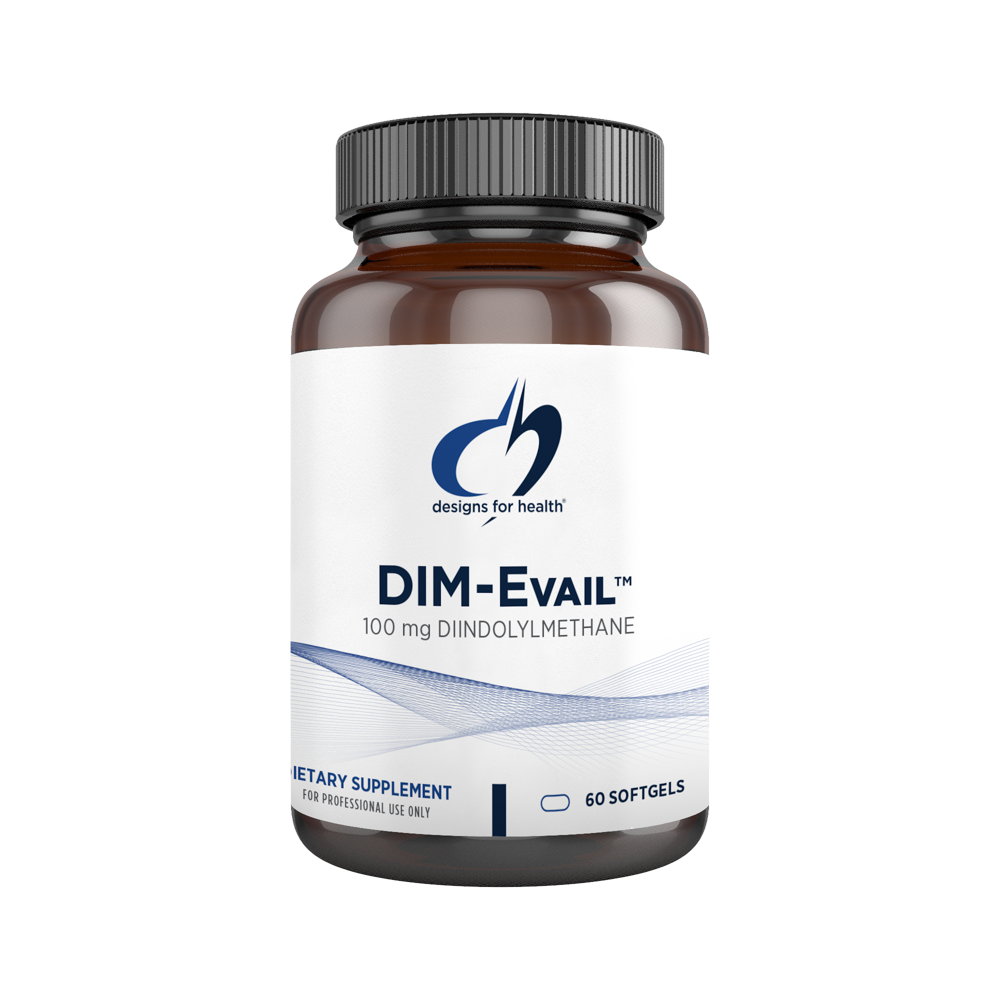
Unfortunately, most of us know someone who has been affected by breast cancer. As of January 2022, here are some key facts about the prevalence of breast cancer in the United States: Common Cancer in Women: Breast cancer is the most common cancer among American women, aside from skin cancer. Incidence: In 2021, it was estimated that there would be over 281,000 new cases of invasive breast cancer in the United States. Additionally, there would be around 49,290 new cases of non-invasive breast cancer. Lifetime Risk: The American Cancer Society estimates that the lifetime risk of a woman developing breast cancer is about 13%, or 1 in 8. Mortality: In 2021, it was projected that approximately 43,600 women in the United States would die from breast cancer. Age and Breast Cancer: The risk of developing breast cancer increases with age. Most breast cancer cases are diagnosed in women aged 55 and older. Race and Ethnicity: Breast cancer incidence and mortality rates vary by race and ethnicity. White and African American women have the highest incidence rates, while African American women have a higher mortality rate. Screening and Early Detection: Mammography, thermography and regular breast self-exams are important tools for early detection. The earlier breast cancer is detected, the more treatment options are available, and the better the chances of survival. Survival Rates: Survival rates for breast cancer have been improving over the years, in part due to early detection and advances in treatment. The 5-year relative survival rate for localized breast cancer is close to 100%. Genetic Factors: Some individuals, particularly those with a family history of breast cancer or certain genetic mutations (e.g., BRCA1 and BRCA2), have a higher risk of developing breast cancer. Preventive Measures: Lifestyle factors such as maintaining a healthy weight, regular physical activity, limited alcohol consumption, and avoiding smoking are associated with a reduced risk of developing breast cancer. As mentioned above, the BRCA gene mutation is associated with a significantly increased risk of developing breast and ovarian cancer. For those who carry this genetic mutation, the need for effective preventive measures and early detection strategies is of paramount importance. Recent research has shed light on the potential role of DIM, a natural compound found in cruciferous vegetables, in this context. Diindolylmethane is a bioactive compound that has garnered attention for its health-promoting properties, particularly in cancer prevention. Our growing understanding of DIM's mechanisms and its impact on individuals with the BRCA gene mutation has opened new avenues of exploration. Here are some key aspects of how DIM could potentially benefit healthy BRCA gene carriers: Modulation of Estrogen Metabolism: DIM has been shown to influence the metabolism of estrogen, a hormone that plays a crucial role in breast cancer development. By favoring the production of a less potent and potentially less harmful form of estrogen, DIM may help reduce the cancer-promoting effects of this hormone. Regulation of BRCA Gene Expression: Emerging research suggests that DIM might influence the expression of the BRCA genes themselves. This could have a significant impact on the way these genes function and interact with cancer development pathways. Reduction of Breast Density: High breast density is associated with an increased risk of breast cancer and can also make it more challenging to detect tumors via traditional screening methods. Preliminary studies indicate that DIM may contribute to a decrease in breast density, potentially improving the effectiveness of breast cancer screening for BRCA gene carriers. There's a study that utilized DFH's DIM-Evail formula at the time. It has since been reformulated to be even more bioavailable! Pretty cool information and definitely a step in the right direction! This study investigated the effect of DIM supplementation on breast density, a recognized predictive factor of breast cancer risk. Participants were 23 healthy female BRCA carriers, with the majority being post-menopausal. They were treated with oral DIM 100 mg × 1/day for 1 year. The amount of fibroglandular tissue (FGT) and background parenchymal enhancement (BPE) on magnetic resonance imaging (MRI) performed before and after the intervention was scored by two independent expert radiologists using the Breast Imaging and Reporting Data System. The results showed a decrease in the average score for FGT with no significant change in BPE. A group of DIM-untreated (age and menopausal status matched women) from the BRCA clinic did not show a significant change in FGT amount in a parallel year. . In conclusion, 1 year’s supplementation with DIM 100 mg × 1/day in BRCA carriers was associated with a significant decline in FGT amount on MRI. Interestingly, besides certain gene mutations, there are many other variables that have been shown to increase the risk for breast cancer. These include: · Mold Toxicity/Exposure · Radiation Exposure · Breast Implants · Heavy Metals (Including Amalgam Fillings) · Dental Infections · Toxins such as BPA, PFAS/PFOAs · Phthalates

Dr. Kristie, dietitian Chelsi, and health coach Cheryl recently attended a thought-provoking conference on cardiometabolic disease where they encountered a captivating discussion on the role of uric acid in cardiovascular health. Spearheaded by renowned author and physician, Dr. David Perlmutter, the conversation shed light on the importance of maintaining optimal uric acid levels and its impact on our overall well-being.
